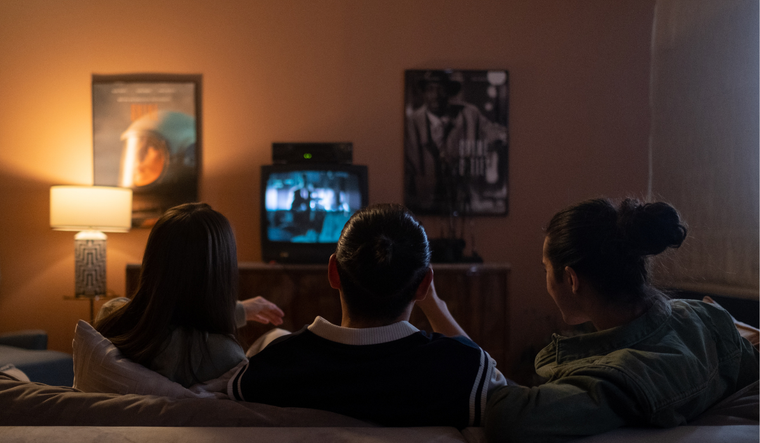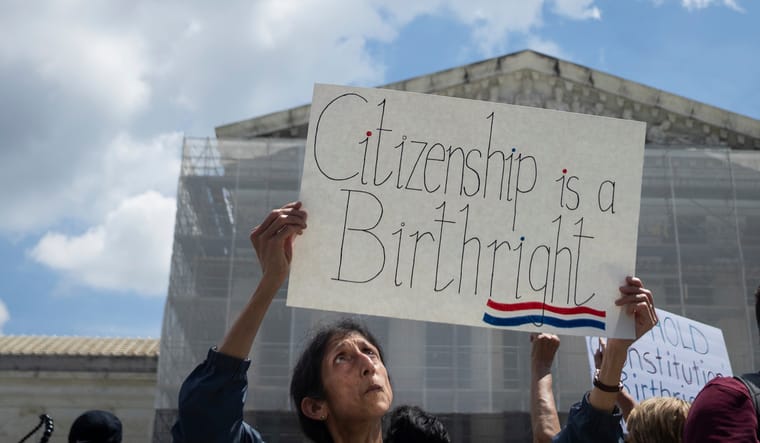Millions of People Feel Anxious, Lost, and Lonely. Bestselling Author of Codependent No More Melody Beattie Has 9 New Thoughts on How to Guide Us Through
In 1986, Codependent No More came into the world and changed countless lives. Author Melody Beattie gave readers a vocabulary for understanding codependency, the concept of losing oneself in the face of helping another. “Codependency is consistently loving other people more than we love ourselves in ways that don’t work for them and don’t work for us,” Beattie tells The Sunday Paper. In her seminal work—which has been called one of the most essential self-help books of all time—Beattie shows us that there is so much in life we can’t control. But what we can control, and what we must learn to do, is how we love and care for ourselves.
Now with her revised edition out this October, the author is continuing to help people find a way through codependency. She recently chatted with us to discuss why her book is more relevant now than ever, especially given so many of us are struggling with anxiety and trauma. Beattie admits it’s not easy being a human today. “Codependency is—above all else—a manifestation of our humanity; of the way we sometimes love too much, sometimes don't love enough, and sometimes don't know what it means to love,” she says. “We struggle to find our balance. It's no wonder we're so tired.”
The following are nine edited bits of wisdom from our conversation.
Author Melody Beattie on...
#1: Choosing to Revise Codependent No More
“I started feeling that we’d outgrown a lot of my examples; the everyday language and how we used to talk about things like mental illness and substance abuse. We used to just call people “abusers,” but now we're giving a lot more dignity to people. I wanted to give more of that dignity to people who had issues in this book. Because we all have issues. So now it's more inclusive. The language is lighter.”
#2: Why the New Edition Is So Relevant Today
“When I wrote the original Codependent No More, I got to what was the old chapter 21, and as I was writing it, I thought there's something missing. I didn't know what it was at the time. But when I went to redo this book, I instantly recognized what needed to go in that chapter: anxiety and trauma. I didn't have that information and insight back in 1986, but I had it now. I know few people that don't have trauma and anxiety right now. I feel quite good about the work I did on that chapter and the way it was presented. I believe it's like a little dose of light. I really hope it helps people cozy up with themselves.”
#3: How We’re All Struggling with Anxiety and Trauma—and How We Can Get through
“Anxiety and trauma are the absolute roots of codependency. It's very difficult to love ourselves when we're in the heart of anxiety and trauma. You can't think your way out of anxiety. But the antidote for codependency is about the same as it is for anxiety and trauma: It is the act of loving ourselves.”
#4: The Unequivocal Need for Self-Love
“When I wrote the original Codependent No More, I was a little skittish about what it meant to love ourselves, especially as women in our culture. I’ve learned that it's been about growing more deeply into what self-love is and how to apply that in my own life without being oblivious to my true responsibilities to others. It is a messy and complex journey. It's a hard habit. It's so much easier to care for others. It's so much easier to figure out the flaws in others than it is to go to work on ourselves.”
#5: … and What Self-Love Means
“Loving ourselves means that we are still responsible to other people. We are responsible for loving them, figuring out what our true responsibilities are, and engaging in a relationship without extinguishing ourselves and our soul, which can be the difficult part with any loved one.”
#6: Where Healing Begins
“It’s an ongoing lifetime journey of discovering who we are. And we have to discover who we are before we can love who we are. Some of us have had the blinders on for so long... especially if we’re women, if we’ve come from a dysfunctional family, or if we've been raising kids. Life is very messy and it's very cluttered. The first place to start is where it hurts most.”
#7: Her Approach to Daily Self-Care
“To continue with my practice of self-care requires a minimum of 20 minutes a day of serious meditation. My personal beliefs include a yoga practice every day. I study spirituality. I do calm, quiet practices. I think of how I can manage my own interior environment and how I can come into harmony with myself."
“I've seen a shift in the way I work now, too. I used to be in my head, multitasking—and multitasking is what got us into this mess. It’s much better to do one thing at a time. Instead of forcing myself, I’m allowing myself to begin a project and lean into my work without all this stress. To take the internal pressure off me.”
#8: How Laughter Saves Us
“It’s so easy to forget to laugh. And yet a sense of humor can sometimes keep us alive. So I try to find things that make me laugh, even though they may look nonsensical or like a waste of time. We must remember to laugh every day, otherwise, we get mean. We close up, like a flower. We need to laugh.”
#9: The Power of Staying Calm
“We get so many impulses driving us now. We have so many labels out there. We have so many choices when it comes to identifying our problems. It can get quite overwhelming. The simpler we can keep it, the better. Luckily, again, the way we treat anxiety is very similar to the way we treat codependency. And that's with extreme doses of self-love delivered as needed to ourselves. And staying calm. If we stay calm, we'll know what to do next.”
Melody Beattie is a pioneering voice in the self-literature and recovery movement. She is the author of many bestselling books including The Language of Letting Go, Playing It by Heart, The Grief Club, Beyond Codependency, and The Codependent No More Workbook. Learn more at melodybeattie.com.
Please note that we may receive affiliate commissions from the sales of linked products.



